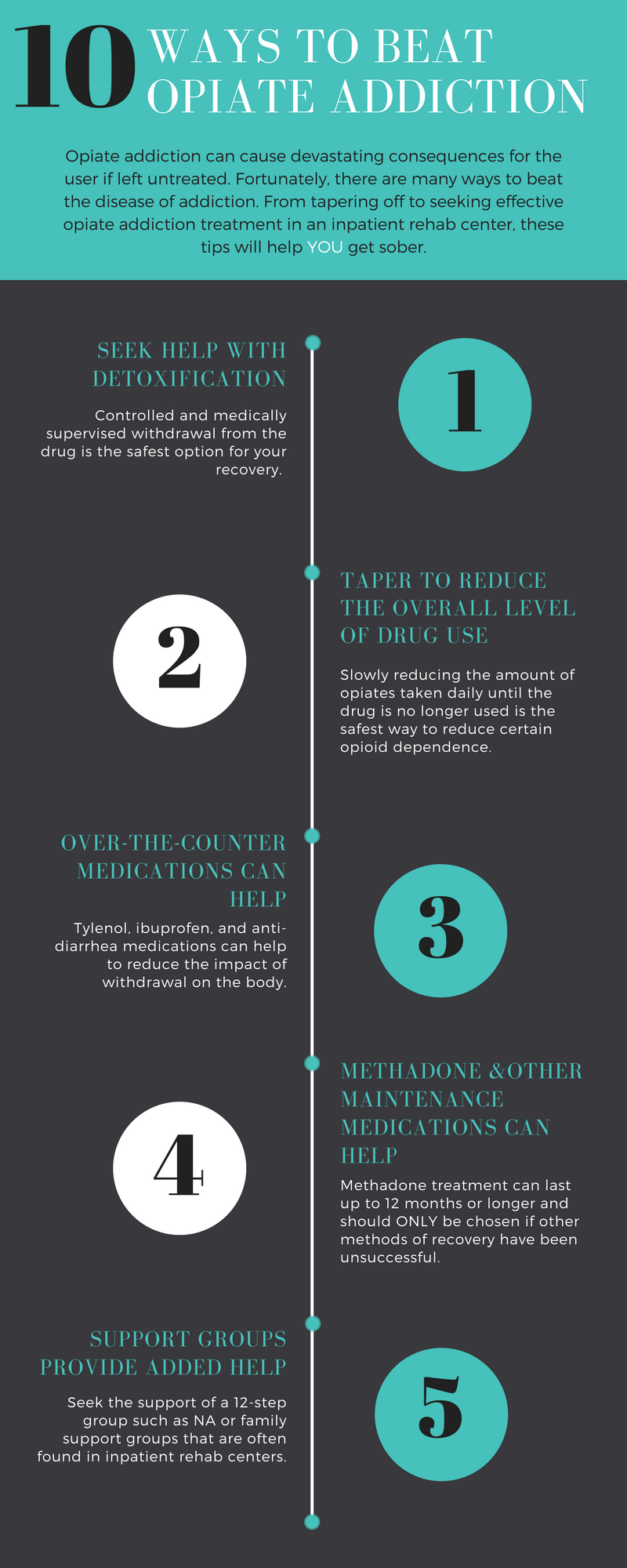Understanding The Scientific Basis Of Treating Drug Dependency
Understanding The Scientific Basis Of Treating Drug Dependency
Blog Article
Content Author-Singleton Singer
Imagine Drug dependency therapy as an intricate challenge, with each item representing a various element of the clinical method to combating drug abuse.
From the complex workings of the brain to the impact of environmental variables, the scientific research behind addiction therapy reveals a multidimensional point of view that overviews efficient treatments.
Comprehending exactly how organic, psychological, and social elements intertwine in the treatment procedure can supply very useful understandings into cultivating enduring recuperation.
By untangling the scientific research behind Drug addiction therapy, you will gain a deeper gratitude for the detailed approaches utilized in addressing this pervasive problem.
Biological Factors in Addiction Therapy
When resolving biological consider dependency treatment, it's vital to recognize exactly how the body's chemistry affects the performance of interventions. The way compounds interact with your mind's neurotransmitters plays a substantial duty in dependency advancement. For instance, drugs can hijack the mind's reward system, causing desires and compulsive drug-seeking habits. Recognizing How To Overcome A Drug Addiction CA helps in tailoring therapy techniques like medication-assisted treatment to target particular neurotransmitter inequalities.
Furthermore, genetic variables can additionally influence just how your body reacts to particular compounds, affecting your vulnerability to dependency. By taking into consideration these biological elements, healthcare specialists can individualize treatment strategies that resolve the distinct needs of individuals battling addiction, eventually raising the chances of effective recovery.
Mental Treatments for Dependency
Comprehending the emotional treatments for addiction is important in enhancing the biological factors dealt with in treatment strategies. Below are three key mental treatments that play a vital role in dependency treatment:
1. ** Cognitive-Behavioral Therapy (CBT): ** This treatment aids you identify and alter unfavorable idea patterns and actions associated with chemical abuse.
2. ** Motivational Interviewing (MI): ** MI is a counseling strategy that assists you discover the interior inspiration to alter addicting actions.
3. ** Mindfulness-Based Treatments: ** These methods concentrate on boosting your recognition of desires and causes without judgment, helping you manage them successfully.
These mental interventions work hand in hand with organic treatments to give an extensive strategy to addiction healing.
Social Support and Recuperation in Addiction
Social assistance plays a vital role in addiction healing, offering people with the essential inspiration and assistance to navigate the difficulties of conquering substance abuse. Having a solid support group can dramatically enhance the probability of successful healing from addiction. Buddies, member of the family, support system, and therapists all add to developing a network of support that can aid you stay motivated and concentrated on your trip to sobriety.
Social links can provide understanding, compassion, and functional assistance during challenging times, serving as a resource of stamina and guidance. By surrounding https://writeablog.net/mohamedluann/experience-the-transformative-benefits-of-specialized-drug-rehab with favorable and encouraging individuals who rely on your capacity to recover, you can improve your resilience and dedication to staying substance-free.
Verdict
So, you've learnt more about the science behind Drug dependency treatment. By comprehending the biological, psychological, and social factors at play, you can see exactly how detailed therapy is important for healing.
Bear in mind, addiction is a beast that can be tamed with the right tools and assistance. Keep dealing with the great fight, due to the fact that you're stronger than any kind of obstacle in your method.
